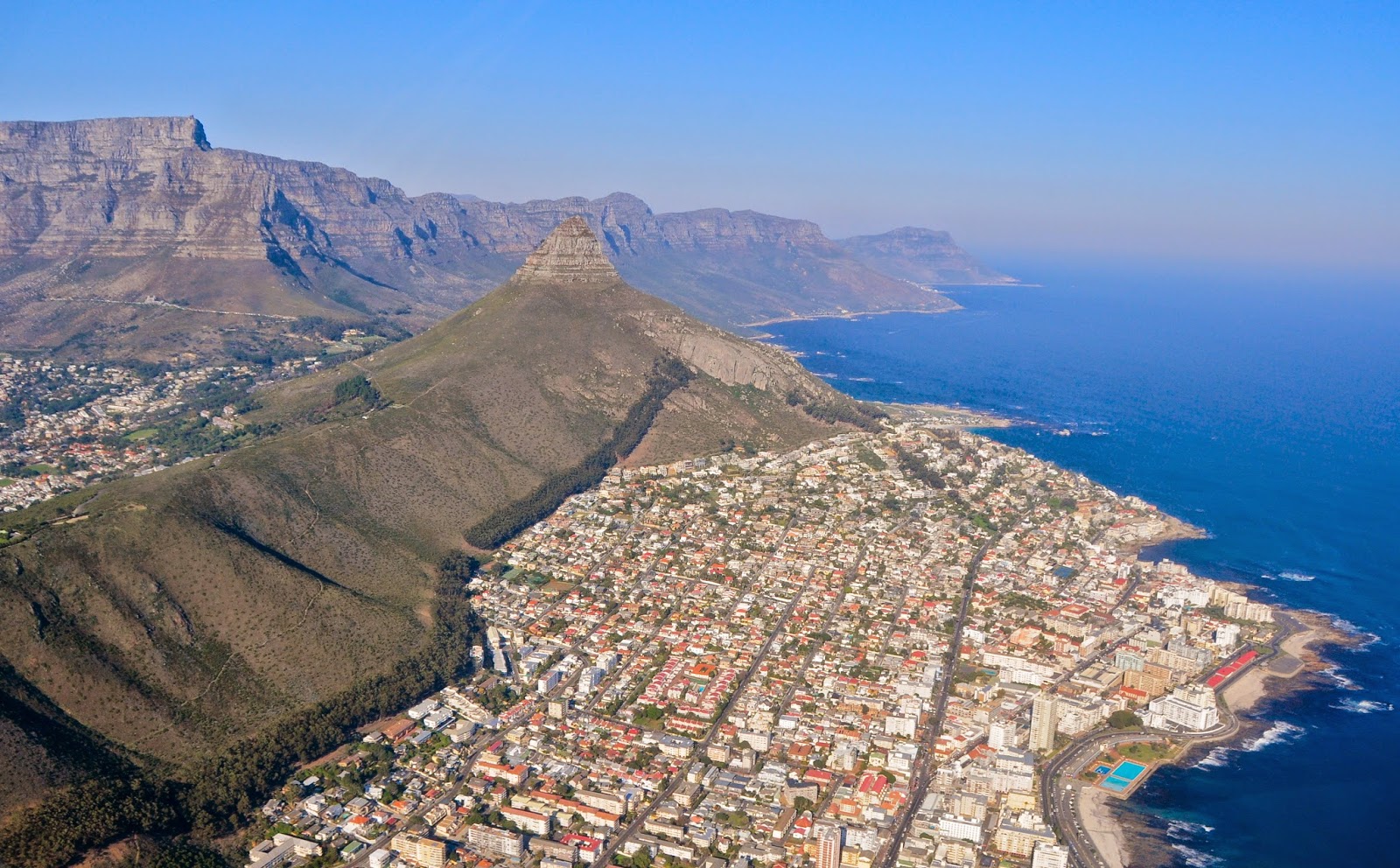Cape Town’s ‘the Castle’, an imitation
of Germany’s Lichtenstein Castle, a historic neo-Gothic fortress, houses
a banquet hall lined with armour suits and stained windows, 12 bedrooms and a swimming
pool. With views over the city's Hout Bay, there is a helipad and
natural waterfall, accessible only by a private mountain road or
helicopter.
‘The Castle’ is one of the most
famous real estate landmarks of Cape Town, formerly a guest house
and popular wedding reception venue.
However, it has now closed a deal
during 2012, sold to a ‘high-profile’ Russian businessman for $2.2million.
This is just one piece of prime
real estate acquired from the Cape Town market by a Russian. It has
been claimed by local real estate agents that affluent Russian buyers have also
purchased numerous other multi-million-dollar homes along the city's coast
over the last several years, moving into the region's blend
of sun, mountains and sea.
Foreign interest is reaching a peak in South
African real estate, in part motivated by a weakened local currency motivating
global currencies' buying power.
According to economic data analysis
centre, CEIC, the South African rand has been depreciating since the
middle of 2011, making residential real estate widely cheaper for foreign
currency earners. According to South African lender, First National Bank (FNB),
last month saw housing prices of South Africa down 21.7% in terms of the euro
and 19.4% in terms of the dollar, in comparison to the end
of 2010. As the Russian ruble has also slipped against these
currencies, its depreciation has been slower.
The FNB also found property purchases
by foreigners have doubled from approximately 2% of total buying
during 2010 to 4% during the first half of this year. Cape
Town, lined by beaches and wine farms thriving in the region's
Mediterranean climate, is especially popular, with an estimated 7.5%
of total property sales towards foreigners.
The FNB report directed
to global economic recovery from the 2007-2008 financial crisis as
the principal drive of the property-buying bump.
Local real estate agents explain South
Africa’s popularity is owed to beyond financial reasons. Investors not only
receive a property bargain, but a buy into a unique high quality
of life.
Managing director for Knight Frank in
Cape Town, Lanice Steward, commented of trendy beaches, world class restaurants,
first class facilities and space. The hosting of the 2010 FIFA World Cup
attracted more than 300,000 international visitors, which in turn developed
the city's world exposure over the recent four years.
Miller, of Sotheby's Realty, also highlighted
the country's lack of restrictions on foreign buyers, contributing
to growth. Foreigners can freely bring their money in as well as take
their money out as they wish, part of why South Africa has been regarded as
hassle free to foreign investors and accommodating.
Miller believes that the number of international
hits on Sotheby's South African websites has leaped by approximately 30%
over the recent nine months.
Both Steward and Miller named Britain and Germany as
the top two foreign buyers, with Russia informally ranking fifth or sixth
place by interest.
Russians are still newcomers to the South African
property scene - Western Europeans have been dominating foreign sales for a
while, however it would have been unusual to have a Russian client five years
ago. Today, local offices of Sotheby's and Knight Frank work with up
to a dozen Russian clients each year.
Russians are great travellers, ranking fourth in the world
in annual tourism expenditure. According to the United Nations World
Tourism Organisation, Russians spent $53.5billion holidaying abroad last year, up
25% from 2012's $42.8billion.
Affluent Russians also enjoy a remarkably high level
of disposable income, significantly higher than the average amongst
the member countries of the Organization for Economic
Cooperation and Development (OECD), a club comprising some
of the world's richest nations.
As reported by OECD Better Life Index, the top 20%
of Russian earners make an average $33,860 of disposable income
per year, in comparison with the $23,938 annual average of OECD
members.
With money to spend and favoured warm-weather beach
vacations, Russians are known for contributing greatly to tourist resorts
in Egypt, Thailand, Turkey and the United Arab Emirates during
Russia's long winter-holiday season.
Political stability in South Africa also remains a crucial
condition for sustained foreign investment within the local economy,
alongside continued global economic recovery.


No comments:
Post a Comment